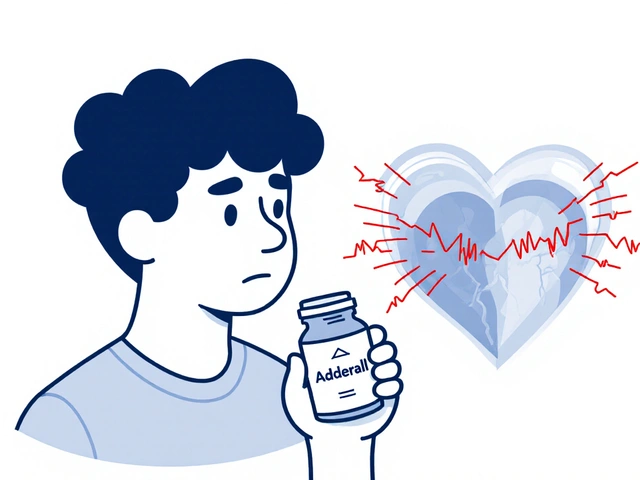Antiviral Medications: How They Work and How to Use Them Safely
Antiviral medications treat viral infections by stopping a virus from copying itself or entering cells. They don’t all work the same way — some block entry, others block replication. Knowing which drug targets which step helps you understand why your doctor picks one over another.
Common antiviral drugs and how they work
Simple examples make this concrete. Acyclovir and valacyclovir fight herpes viruses by blocking DNA replication. Oseltamivir (Tamiflu) slows flu virus spread. For HIV, drugs like zidovudine, lamivudine, tenofovir and didanosine act on reverse transcriptase or other viral enzymes to reduce viral load. Newer antivirals for hepatitis or COVID target different viral proteins — each class fits certain infections.
Side effects vary. Some cause nausea, headache, or fatigue; others can affect the liver, kidneys, or blood counts. HIV drugs often need careful monitoring because of potential long-term effects. If you start any antiviral, expect a short checklist: baseline blood tests, dose timing, and a plan to report side effects quickly.
Safe use, interactions, and resistance
Take antivirals exactly as prescribed. Stopping early or skipping doses helps resistance develop — that’s when a drug no longer works. Resistance matters most with HIV, hepatitis, and some influenza strains. If resistance is suspected, doctors usually change drug combinations based on tests.
Drug interactions are common. Didanosine, for example, interacts with several medicines and supplements — check with a pharmacist or doctor before mixing meds. Tell your clinician about all prescriptions, OTC drugs, and herbal supplements you use to avoid dangerous combos.
Buying antivirals online can be tempting, but be careful. Only buy from licensed pharmacies that require a prescription. Red flags include prices that are too low, no contact details, or sellers who skip prescriptions. If you must use an online service, verify licensing, read reviews, and use secure payment methods.
Store antivirals by the label instructions — some need refrigeration, most need a cool dry place. Dispose of unused meds properly at a pharmacy take-back or follow local disposal rules. Never share prescription antivirals with someone else; doses and monitoring differ by person and infection.
Vaccination, good hygiene, and early testing often complement antiviral treatment. For many viruses, preventing infection is easier and safer than treating it. If you have symptoms or a known exposure, get tested quickly so a clinician can decide if an antiviral will help.
Want specific advice? See our related article on "Didanosine Medication Interactions" for practical interaction checks, and browse trusted resources or your healthcare team when you need a prescription or monitoring plan.
Questions about a particular antiviral or how to buy one safely online? Ask — we’ll point you to clear, practical information.

This in-depth article explores ten alternatives to Valtrex for managing herpes infections. From traditional antiviral medications like Acyclovir and Famciclovir to natural remedies like Aloe vera gel and L-lysine, each option is evaluated based on its effectiveness and application. The article provides a balanced view of each alternative’s pros and cons to help readers make informed choices. Whether seeking prescription solutions or over-the-counter relief, this guide offers insights into various treatments available today.






